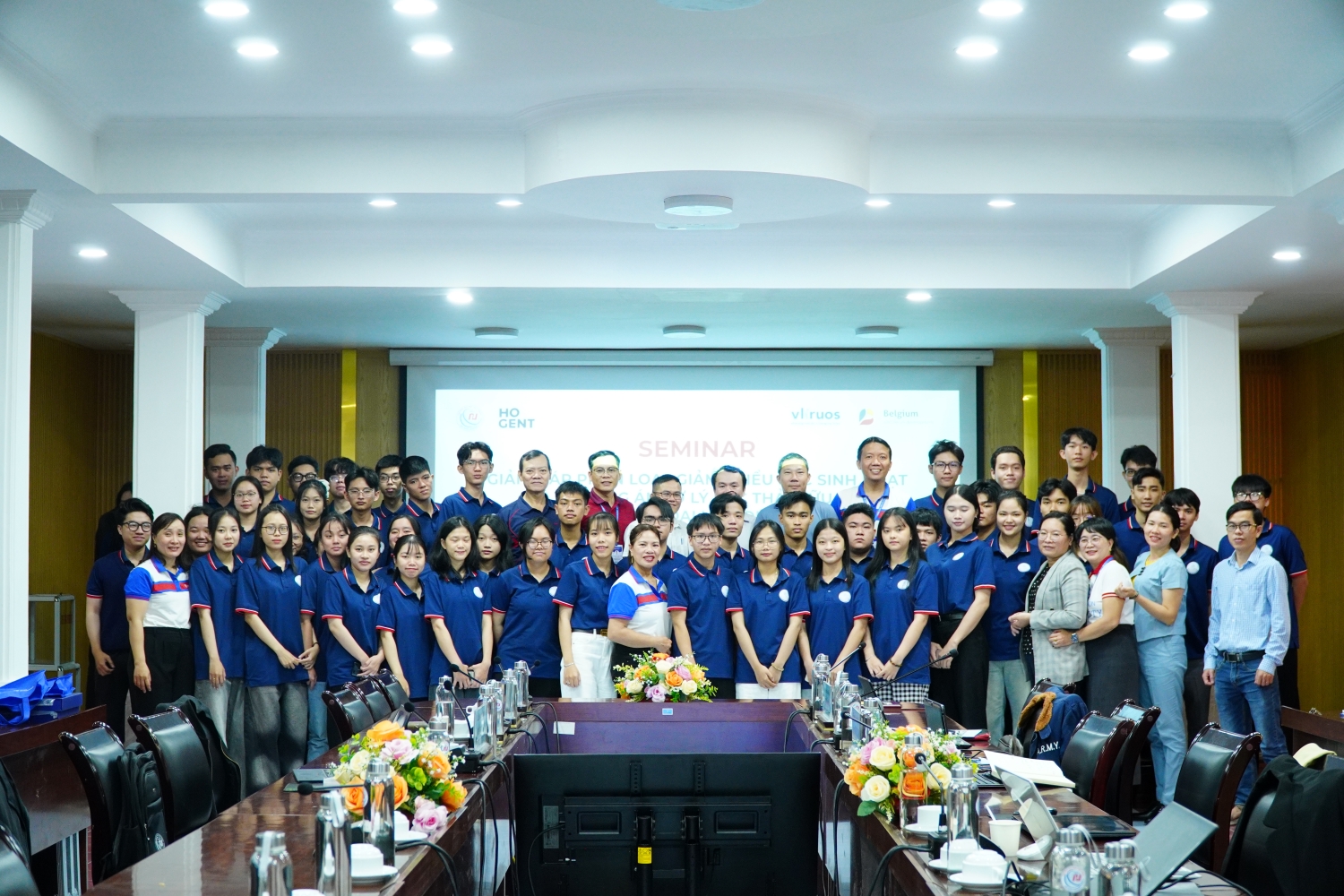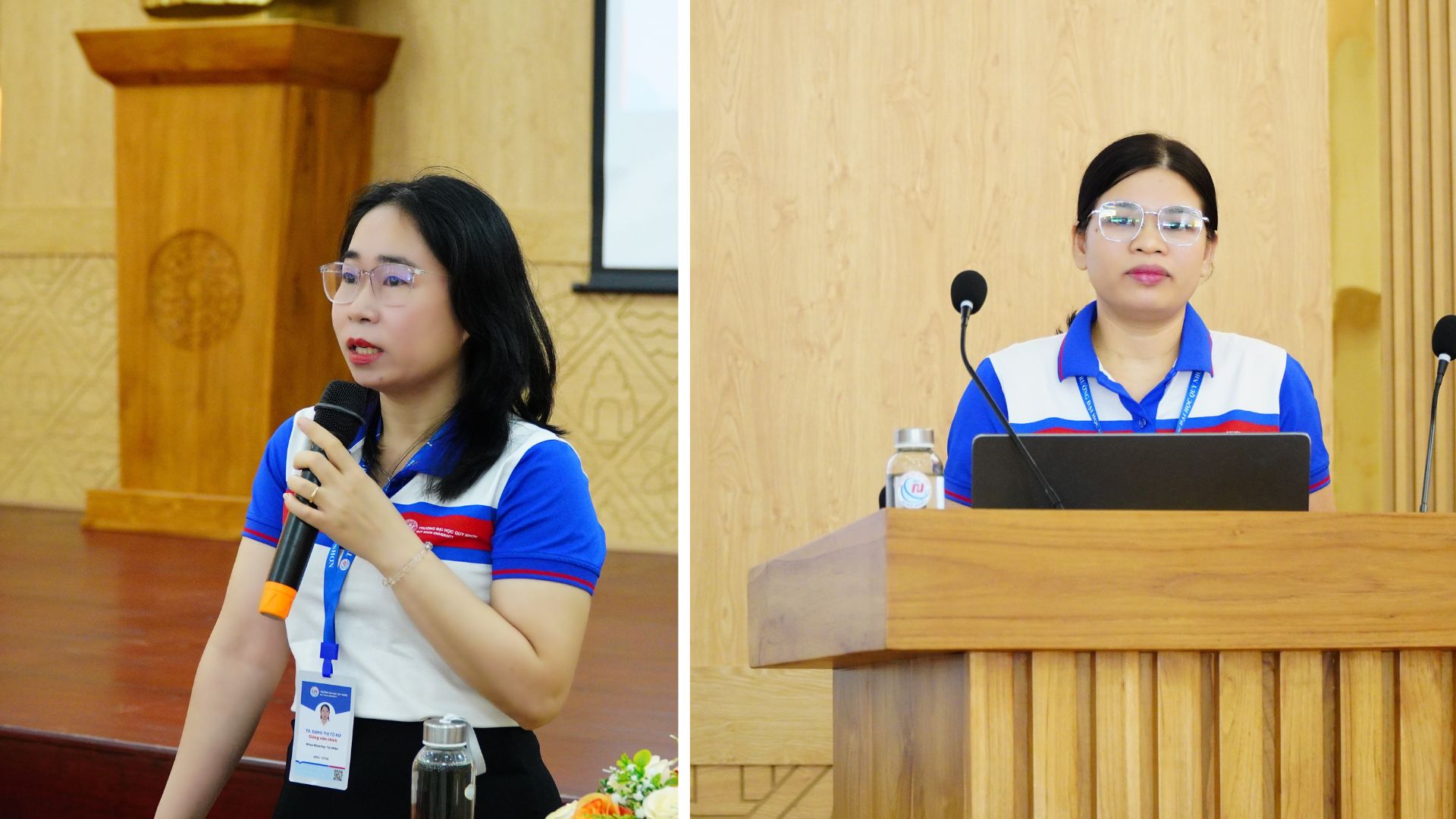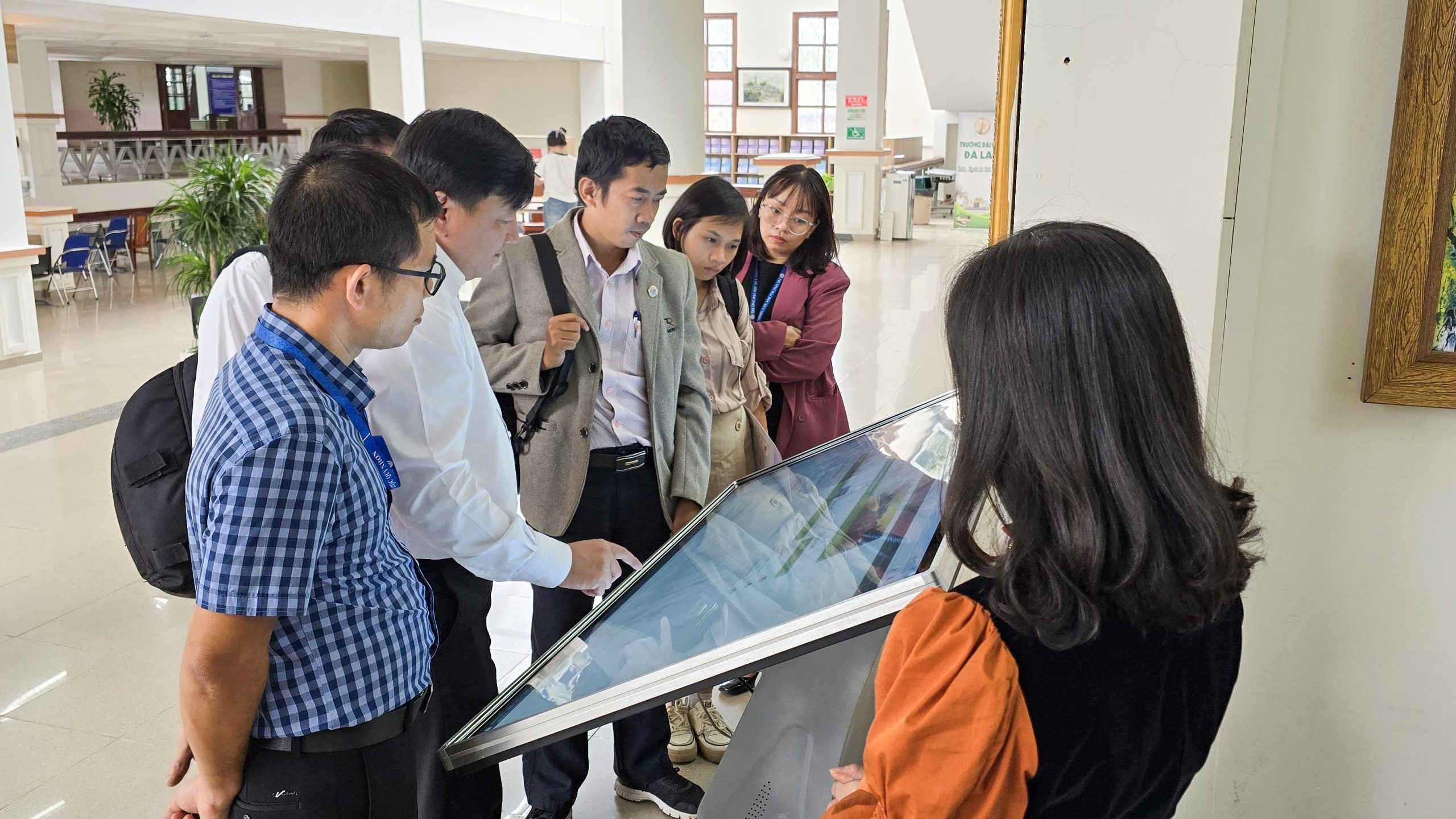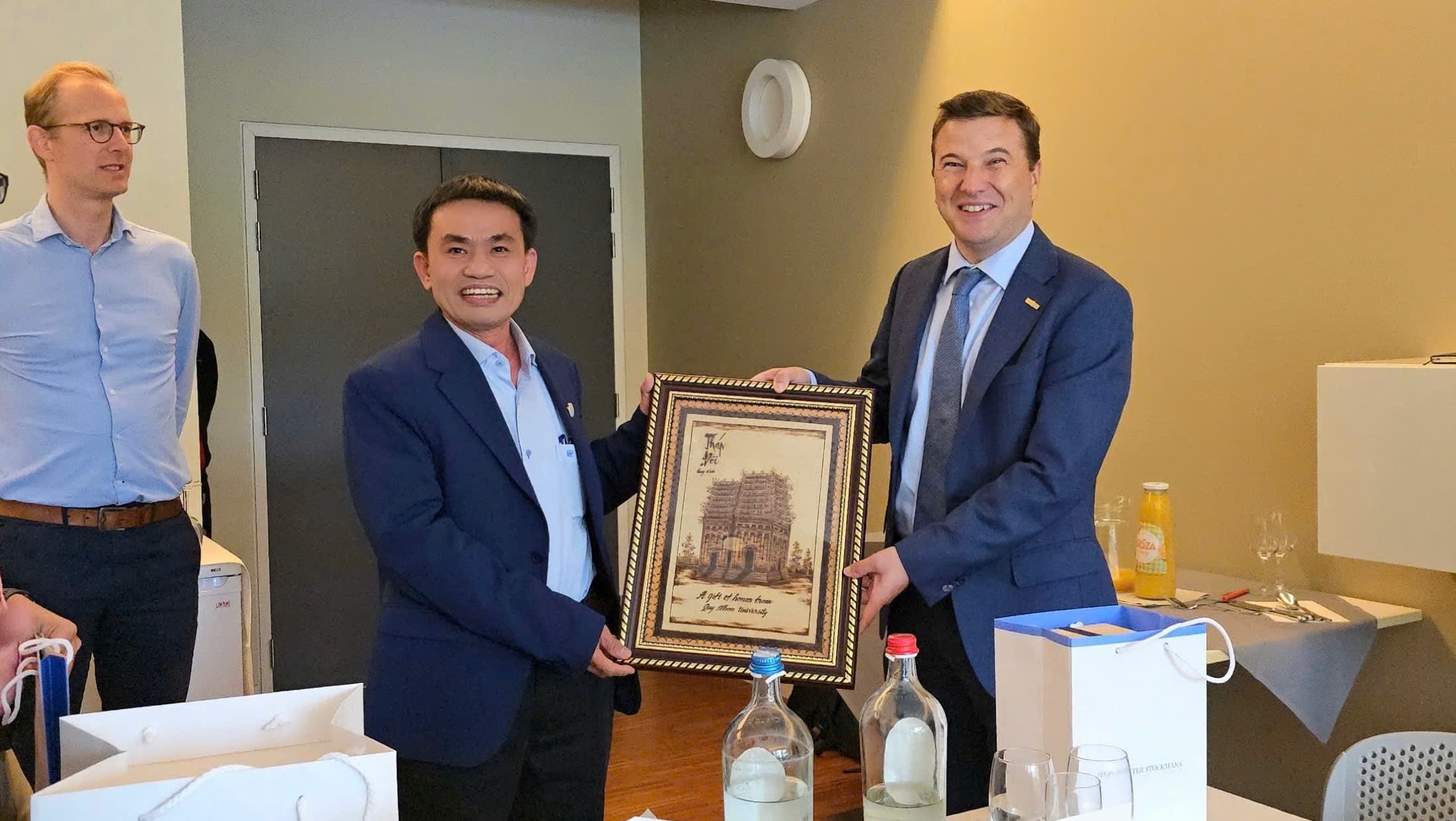Introduction to the project 6
In IUC program, this is a transversal project which aims to improve institutional capacity in the internal service delivery of e-services for students, e-learning and library. In the first 5 years, the project will focus on (i) providing students with official emails and some essential digital services, (ii) establishing the initial technical infrastructure, the team operating e-learning system and a group of lecturers who are able to create and teach e-learning courses, and (iii) improving the library management system and digitizing the existing materials. After the 10-year period of the IUC program, it is expected to achieve some targets: (i) services for students are provided conveniently on a digital unified system, (ii) QNUers can build and offer online courses for students inside and outside the university, and (iii) QNU library will become a modern library, which can share digital materials with the community.
Presently, several digitizing administrative services are available to QNU students at a basic level, while most services are still operated in traditional ways. These are time-consuming and inconvenient for both students and administrative staff, especially in the time of pandemic as now. E-learning has been identified as an essential component for QNU in the context of the fourth industrial revolution, and an essential solution to respond to unanticipated circumstances, such as the ongoing worldwide COVID-19 pandemic.
Library is crucial for teaching, learning and research activities of a university, QNU leaders have been paying much attention to upgrading the library. However, changes have not met the demand of the staff and students due to the limited resources. As a result, the library attracts few students and has not assisted much in training, learning and researching activities.
To achieve the objectives of the project, three strategies are indicated:
- To modernize student services, two systems will be installed. The first is an email system that can serve more than 14,000 students. The second is an e-services platform, providing the essential student services of the Student Affairs Office and Centre for Student Support and Business Relations. In order to do that, the operation of these two offices must be investigated and standardized. Gradual updates, optimization and integration of more services will be conducted to complement these systems and ensure that they run smoothly.
- To create and put an e-learning system into operation, a series of activities are proposed. First, investigating and releasing regulations and policies will facilitate the participation of lecturers and students in online teaching and learning activities. Technical infrastructure for an e-learning system will also be built. Furthermore, the QNU Learning Lab will be established, providing short training courses for online learning/teaching and assisting QNU’s online learning sector. At the initial stage, the QNU Learning Lab will build an e-learning system with limited interactivity and a small number of soft skills and general knowledge courses. Later, this system will be upgraded to operate at a complex interactivity level and provide a larger number of courses, including major ones.
- Upgrading the library will focus on four main issues: (i) building the digital repository (ii) upgrading the management technology, (iii) investing in a library management system and (iv) ameliorating the learning environment. The two first issues will be carried out within the framework of the IUC programme, while the others will be co-funded by QNU and the IUC Programme. In detail, to possess a digital repository, it is necessary to digitize existing materials. In addition, we need to upgrade the library management system (software and hardware), and gradually use RFID technology in library management. The new library management system will enable QNU’s library to cooperate with other university libraries and to support communities through collaboration and sharing with public libraries. Simultaneously, the library space will be reorganized to serve most diverse purposes, including a reading space, team rooms and multimedia areas.
This institutional project will bring numerous benefits for QNU students and staff. The implementation of online student administrative services and the e-learning system will reduce processing time and improve working and studying efficiency. Moreover, the modernization of the library will allow them to have access to more updated materials, facilitate e-learning and enhance research activities. The project results contribute to the modernization of QNU’s management and governance.










